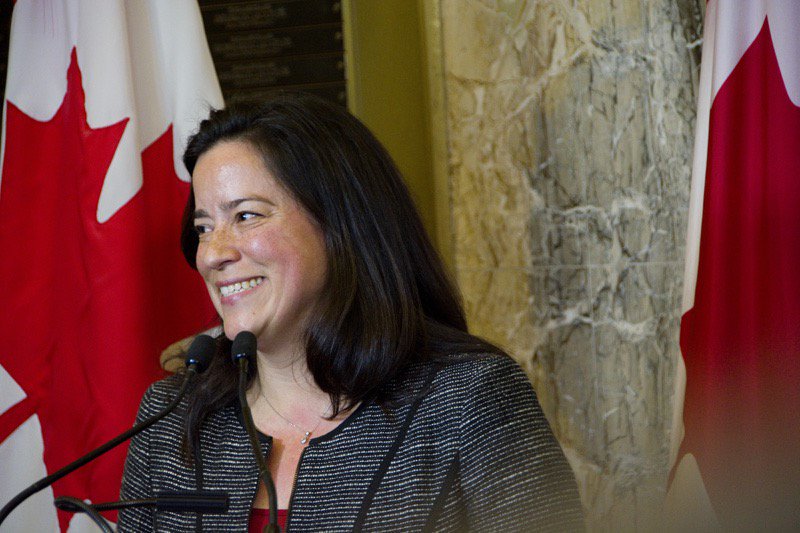Like this article? rabble is reader-supported journalism. Chip in to keep stories like these coming.
When the Conservative government brought Bill C-36 into law and criminalized the purchase of sex and other activities related to sex work in 2014, it promised to provide $20 million in funding for “exit programs” to help sex workers leave the industry. It’s been over a year since that promise was made, and sex workers are still waiting to hear where that funding will be allocated.
Some sex worker support groups have already been turned down, and it’s unclear which groups will get funding, or how these decisions are being made. One baffling funding decision was recently handed down to Peers Victoria Resources Society, a non-profit organization started by and for sex workers in Victoria 20 years ago.
Peers provides support services to current and former sex workers and works with local government officials and police departments to ensure that sex workers are kept as safe and healthy as possible. The organization was vocal in its opposition to Bill C-36, and sent representatives to Ottawa to speak out against the proposed law at the Senate committee meetings that took place in 2014.
The Peers board members believe that decriminalization is the approach that most improves health and safety outcomes for sex workers. Despite being ideologically opposed to the legal approach endorsed by the Conservative government, Peers still hoped to receive part of the new government funding that would be available, since Peers helps sex workers leave the industry if they choose to, and has 20 years of experience providing all of the services that would be necessary for such a transition.
In early 2015, Peers submitted a grant proposal that outlined exactly what kinds of programs they would be able to offer, and highlighted their expertise in this area. Yet Peers was denied any funding whatsoever from then Justice Minister Peter MacKay’s $20 million exit funding initiative.
Executive Director Dr. Rachel Phillips explains that Peers was told by the government funding agency that they were “ineligible” for funding, which she speculates is because Peers provides assistance to sex workers who want to stay in the industry and not just those who want to leave it.
She argues that sex workers have diverse needs and goals, and it’s important to “meet them where they’re at, not tell them what they should want or do.” If a sex worker wants to stay in the business, Dr. Phillips says Peers offers resources to help them stay safe, such as providing safer sex supplies, maintaining a “bad date” registry, and liasing with local police.
If a sex worker wants to leave the business, Peers tries to facilitate that endeavour by helping him or her find safe housing, prepare for job interviews, enrol in post-secondary education programs or whatever else may be needed to help that person succeed in leaving and staying out of the industry. I myself have been accessing Peers since 2014, when I was still actively engaged in sex work.
At the time, I had no intention to leave the industry, but after experiencing sexual assault on the job and being exposed to increasing hostility and stigmatization from members of the general public, I decided it was time for me to move on and find other employment. When I made that decision, Peers was there for me, and continues to be there for me.
It’s been nine months since I left the sex industry and it has been much more challenging than I would have envisioned to stay out of that line of work. I was devastated to learn that Peers was denied funding to support an exit program for sex workers, especially since I actively participated in writing the grant application that was submitted to the government.
I am optimistic that the recent change in government will lead to better outcomes. The new justice minister seems like someone who genuinely cares about supporting sex workers. I hope that she considers carefully where and how funding will be allocated to sex worker support organizations, because currently, my needs as a sex worker in transition aren’t being met, and I fear that the needs of thousands of other sex workers across Canada aren’t being met either.
This issue has been talked to death as sex workers suffer needlessly. It’s time to act and the actions required are simple: If sex workers want to stay in the industry, support measures that keep them safe.
If they want to get out, help them.
Celine Bisette is a Canadian writer and researcher with 10 years of experience working in the sex industry. Her writing has been published in several outlets including the National Post, Ottawa Citizen, and Toronto Star, and can also be found on her personal website.
Like this article? rabble is reader-supported journalism. Chip in to keep stories like these coming.
Image: Twitter/Jody Wilson-Raybould (@Puglaas)



